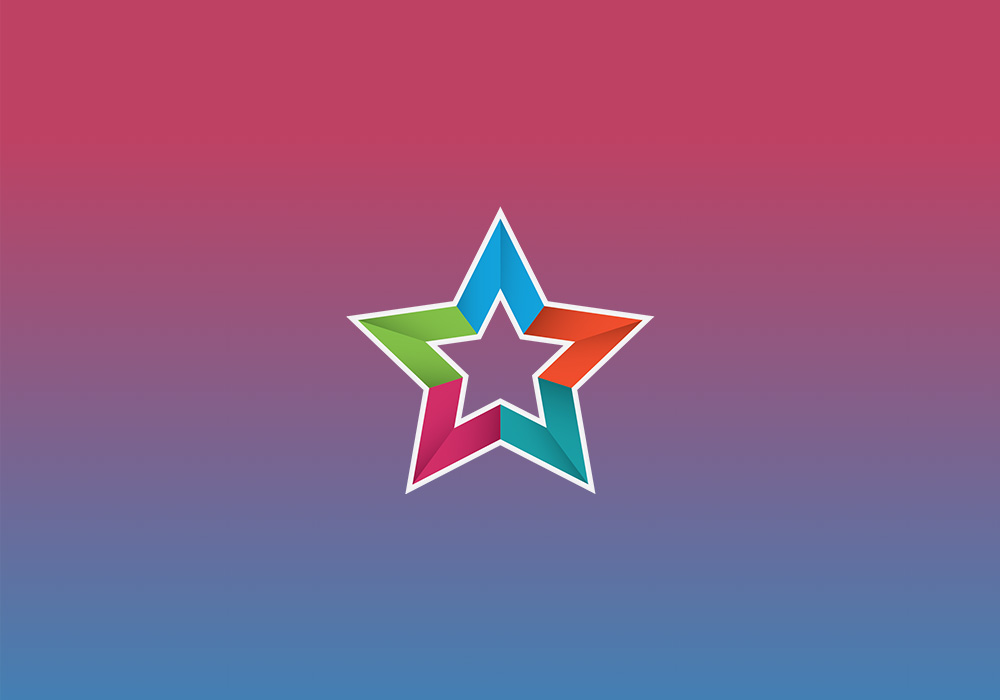January 11, 2015 is the global observation for human trafficking. Thirty million people are trafficked for sex globally each year, three of those thirty million are children and 200,00 of those children are right here in the USA (Oath Coalition).
Since December 2007, the National Hotline has reported 18,275 cases of human trafficking. Human trafficking is a form of modern slavery that occurs in every state. Traffickers use force, fraud, or coercion to control the victims for the purpose of commercial sex acts or labor services against his or her will (NHTRC).
WHO ARE THE TRAFFICKERS?
Typically, human traffickers are people who prey upon people’s vulnerabilities such as hope for a better life or employment opportunities, an unstable home life, or history of sexual or physical abuse to their advantage. Traffickers can be part of a criminal network or individuals with the common interest of exploiting people for their own profit. Usually, traffickers and their victims share similar national, ethnic, or cultural backgrounds; this allows them to better understand and exploit their victims.
Here are some examples of traffickers based on human trafficking cases identified by the National Human Trafficking Resource Center:
- Fake massage business owners or managers
- Employers of domestic servants
- Gangs and criminal networks
- Growers and crew leaders in agriculture
- Intimate partners/family members
- Labor brokers
- Factory owners and corporations
- Pimps
- Small business owners and managers
Typically, human trafficking rigs coincide with legitimate businesses and require a number of individuals’ cooperation and specific conditions for everything to play out without being detected.
IN TENNESSEE
Tennessee has had 208 calls and 53 human trafficking cases reported this year alone. Unfortunately, trafficking still exists because it is a very lucrative business and is low risk for being detected. The deadly combination of the two is the driving force of why human trafficking is one of the most profitable criminal industries in the world (NHTRC).
TYPE OF TRAFFICKING PREVALENT IN TENNESSEE
Sex Trafficking (43)
Labor Trafficking (7)
Trafficking Type Not Specified (2)
Other/Not Specified (1)
GENDER
Female (44)
Male (8)
AGE
Adult (38)
Minor (14)
Of the 208 calls received this year, 33 were reported as high indicators, 56 as moderate indicators, and 64 were calls from victims and survivors. Indicators represent the likelihood of a human trafficking case existing. Cases categorized as “High” contain a high level of indicators of human trafficking. Cases coded as “Moderate” contain several indicators of human trafficking, or resemble common trafficking scenarios but lack core details of force, fraud, or coercion (NHTRC).
SIGNS OF TRAFFICKING
Remember that the presence of these signs only means further investigation should be made. Not all of these red flags will be present in each case nor are they cumulative.
Work and Living Conditions
- Individual is not free to leave or come and go as he or she wishes
- Involved in commercial sex industry and has a pimp or manager
- Unpaid, paid very little, or paid only through tips
- Works unusual hours and/or excessive hours
- Recruited through false promises concerning the nature and conditions of his or her work
Mental Health
- Often is fearful, anxious, depressed, submissive, tense, or paranoid
- Exhibits unusually fearful or anxious behavior when law enforcement is mentioned
- Avoids eye contact
Physical Health
- Lacks medical care or denies medical services
- Appears malnourished or shows signs of exposure to harmful chemicals
- Shows signs of physical and/or sexual abuse, physical restraint, confinement, or torture
Lack of Control
- Owns few personal possessions
- Is not in control of his or her finances, financial records, or bank account
- Does not have control of his or her ID or passport
- Is not allowed to speak for themselves
- Lack of knowledge of where she or he is living
- Loss of sense of time
- Numerous inconsistencies in his or her story
Businesses That Traffickers Commonly Exploit:
- Advertising (Online and Print)
- Airlines, bus, rail, and taxi companies
- Financial institutions, money transfer services, and informal cash transfer services
- Hospitality industry, including hotels and motels
- Labor brokers, recruitment agencies, or independent recruiters
- Landlords
- Travel and visa/passport services
If you suspect trafficking contact the National Human Trafficking Resource Center hotline:
1-888-373-7888
MAKE A DIFFERENCE
We want to encourage you to raise awareness to your friends and family about how prevalent Human Trafficking is in the United States.
Check out some of these awesome non-profits in Tennessee trying to put an end to Human Trafficking.
Community Coalition Against Human Trafficking
National Human Trafficking Resource Center
RESOURCES:
National Human Trafficking Resource Center



